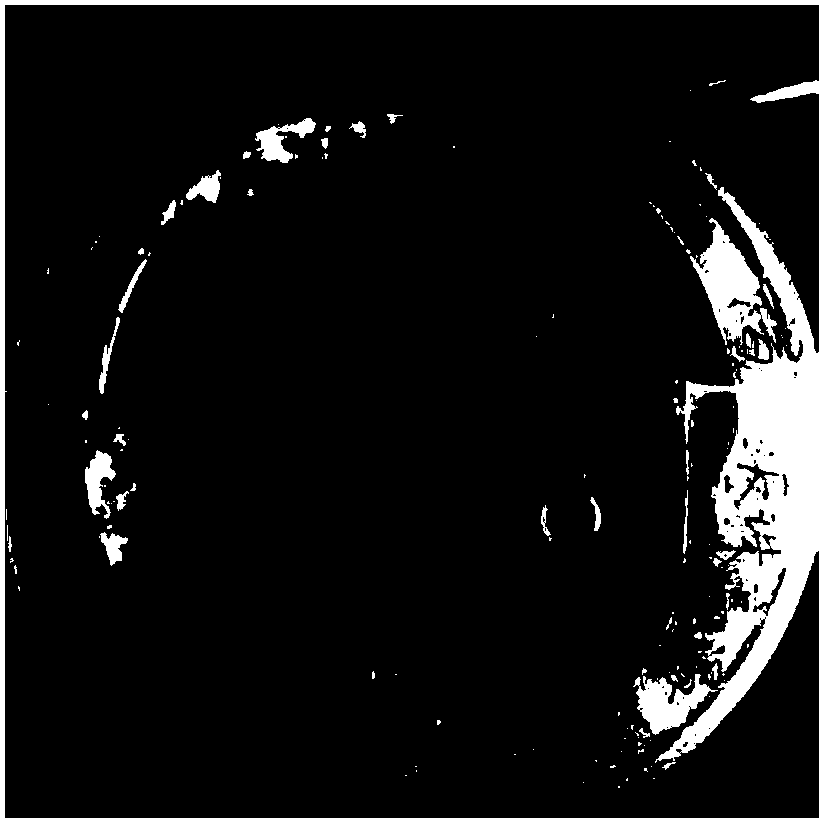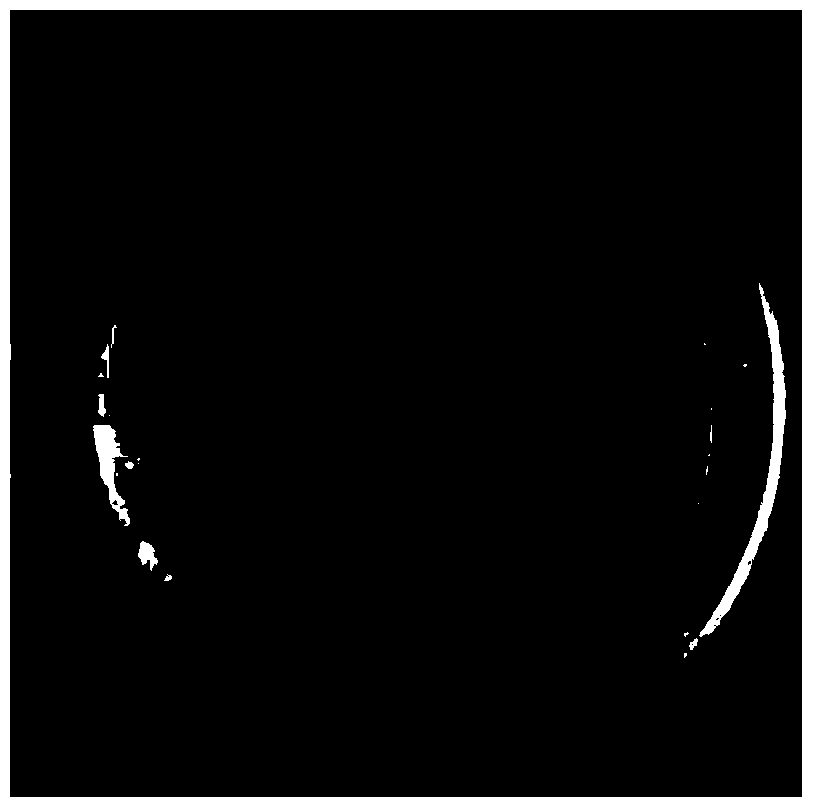Use of tea polyphenols to inhibit Coriolus versicolor and Myxophyllum compacta
A technology for harvesting Coriolus versicolor and Mycophyllum vulgaris is applied in the directions of manufacturing tools, wood treatment, pressure impregnation, etc. It can solve the problems of difficult purification, low industrial productivity, large scale of technical investment, etc., and achieves excellent anti-corrosion effect. Low cost, easy extraction effect
- Summary
- Abstract
- Description
- Claims
- Application Information
AI Technical Summary
Problems solved by technology
Method used
Image
Examples
specific Embodiment approach 1
[0023] Embodiment 1: The use of tea polyphenols to inhibit Coriolus versicolor and Glyophyllum compacta is made from water-soluble tea polyphenol powder and sterile distilled water, and the mass percentage concentration of water-soluble tea polyphenol powder is 5%. , 10%, 15% or 20%; the mass content of the effective substance of the water-soluble tea polyphenol powder is 95%.
specific Embodiment approach 2
[0024] Specific embodiment two: in this embodiment, the purposes of tea polyphenols inhibiting Coriolus versicolor and Glycophyllum closeus is to dissolve water-soluble tea polyphenol powder in distilled water at normal temperature, and then under the pressure of 0.2MPa, the temperature is Processed under steam conditions at 121°C for 20 minutes; wherein the water-soluble tea polyphenol powder has an effective substance content of 95%, and the water-soluble tea polyphenol powder has a mass percentage concentration of 5%, 10%, and 15% or 20%.
specific Embodiment approach 3
[0025] Specific embodiment three: the purpose of tea polyphenols inhibiting Coriolus versicolor and Glycophyllum compact in this embodiment is to dissolve water-soluble tea polyphenol powder in sterile distilled water, then add VE (vitamin E), water-soluble The mass percentage concentration of the tea polyphenol powder is 5%, 10%, 15% or 20%, the mass percentage concentration of VE is 0.05%, and the mass content of the water-soluble tea polyphenol powder is 95%.
PUM
 Login to View More
Login to View More Abstract
Description
Claims
Application Information
 Login to View More
Login to View More - R&D
- Intellectual Property
- Life Sciences
- Materials
- Tech Scout
- Unparalleled Data Quality
- Higher Quality Content
- 60% Fewer Hallucinations
Browse by: Latest US Patents, China's latest patents, Technical Efficacy Thesaurus, Application Domain, Technology Topic, Popular Technical Reports.
© 2025 PatSnap. All rights reserved.Legal|Privacy policy|Modern Slavery Act Transparency Statement|Sitemap|About US| Contact US: help@patsnap.com


